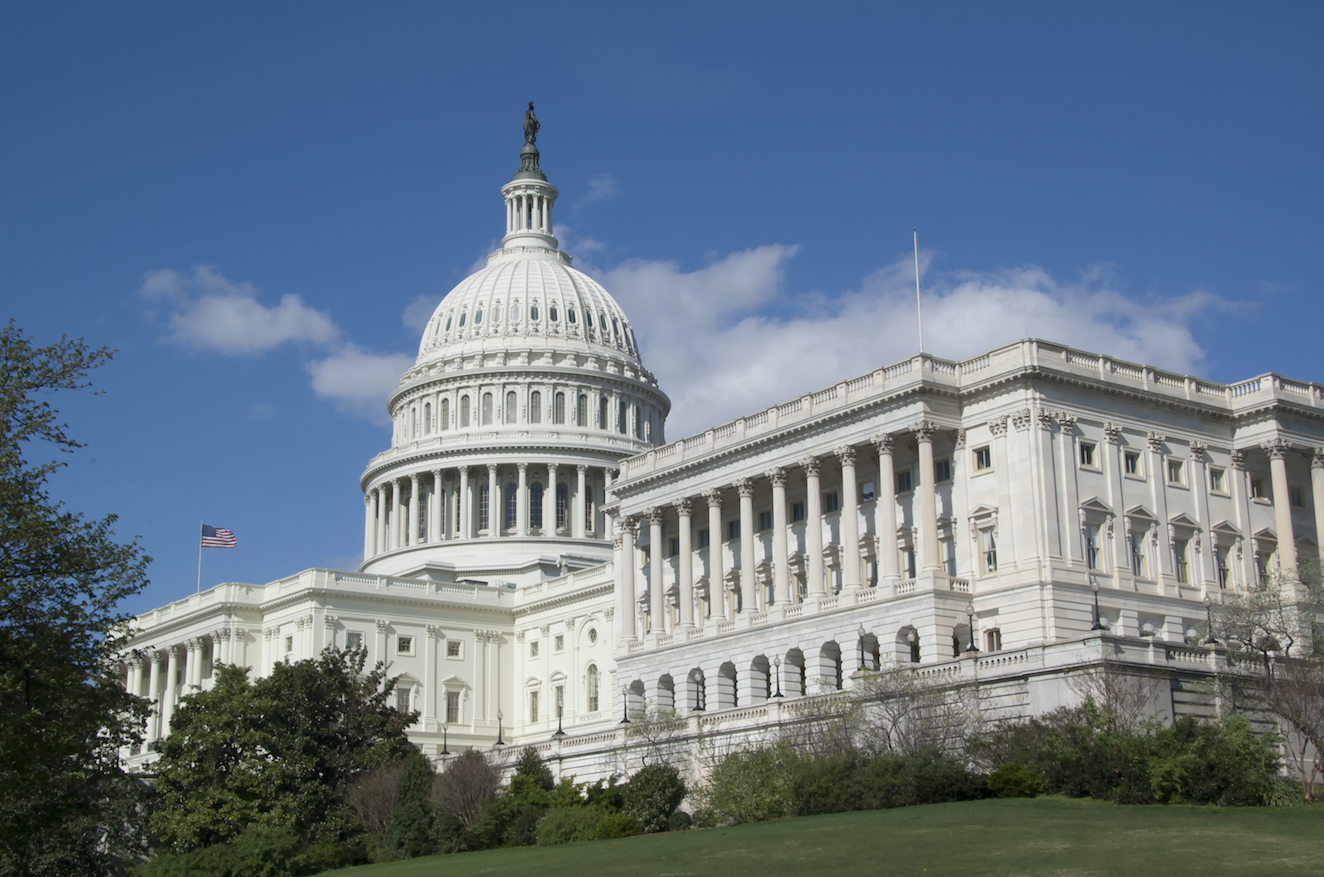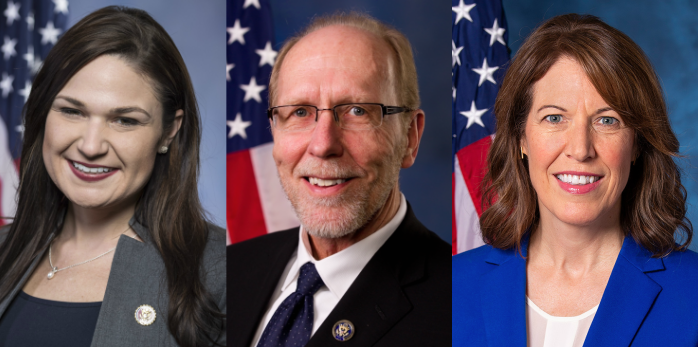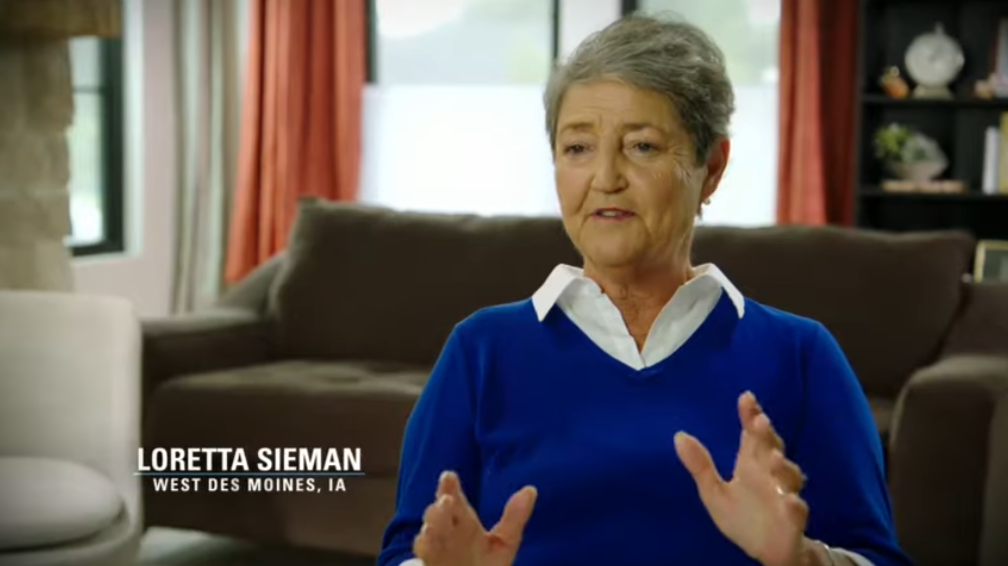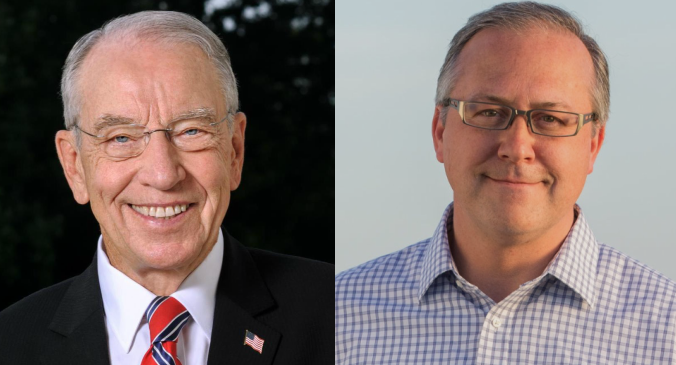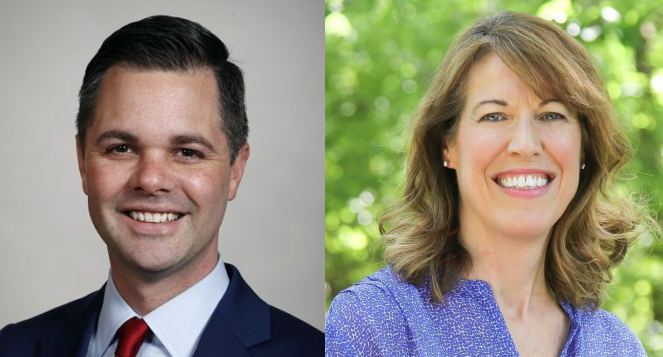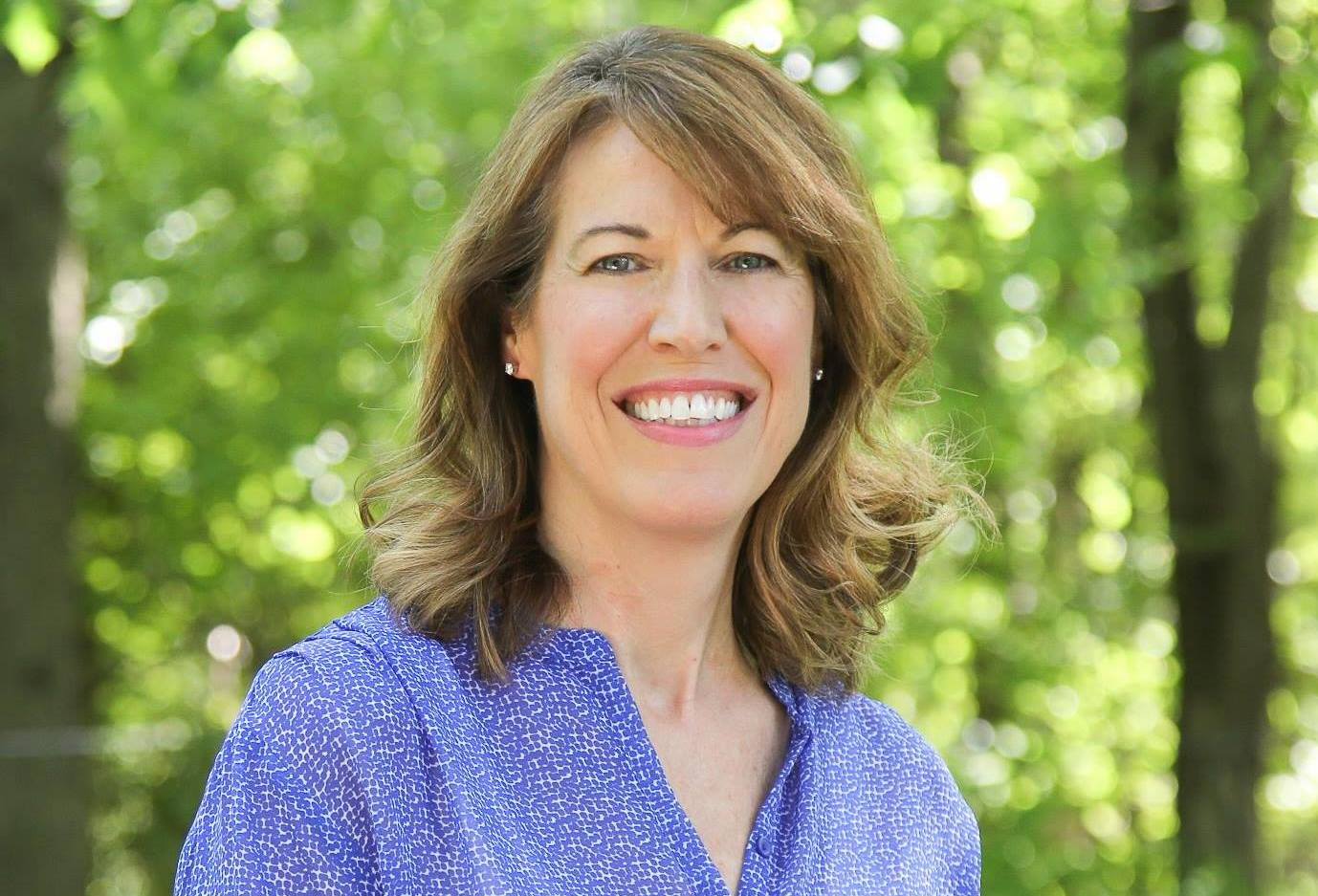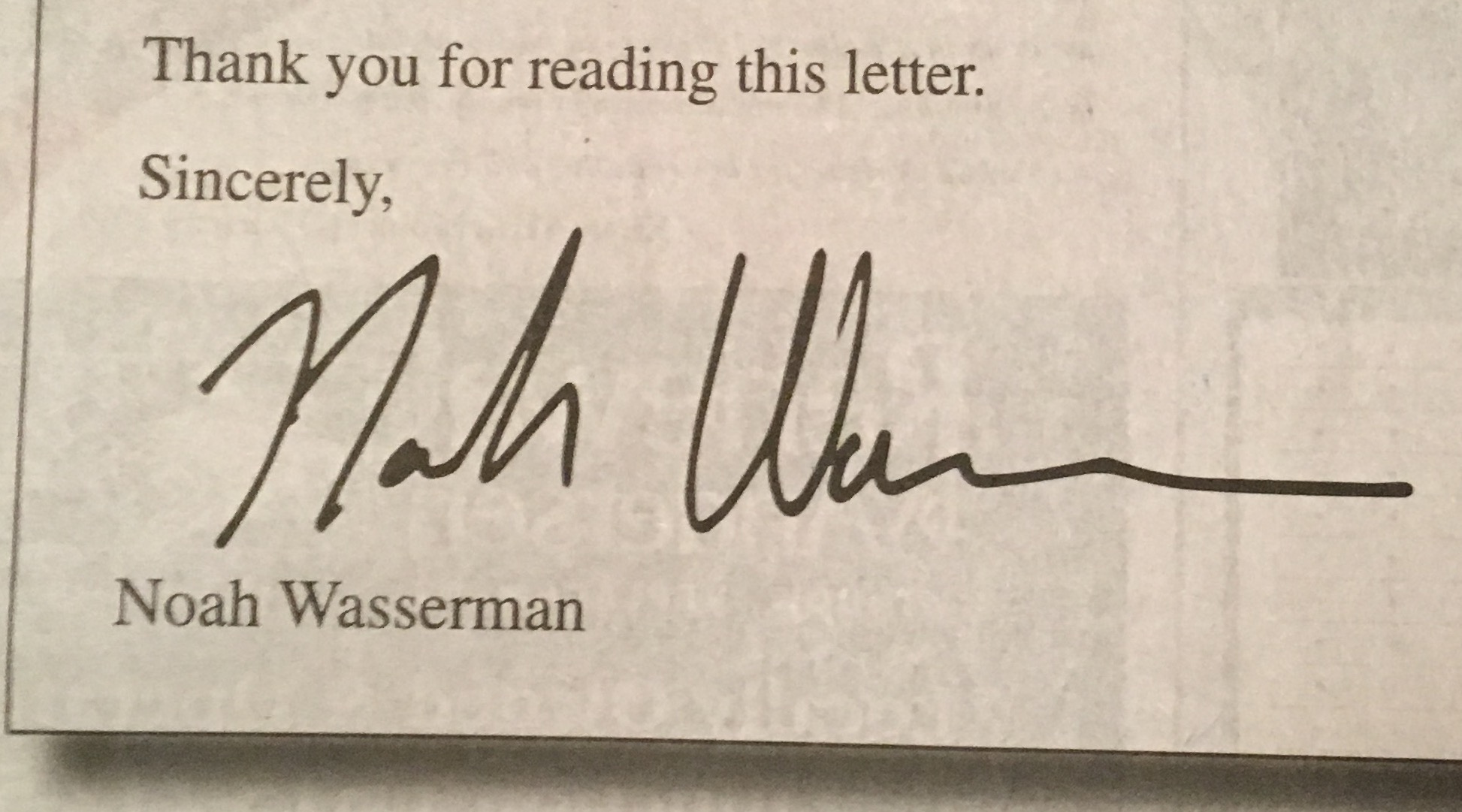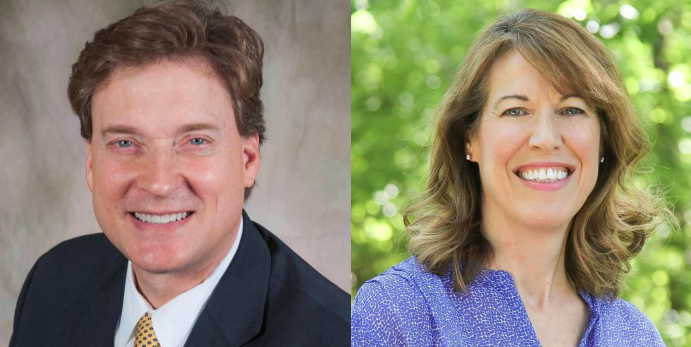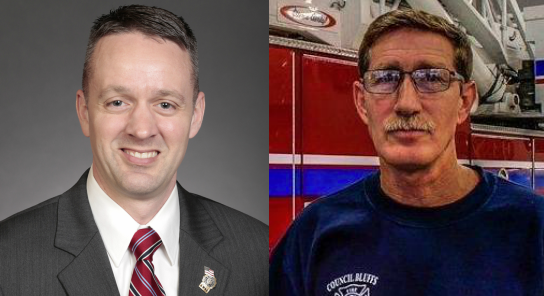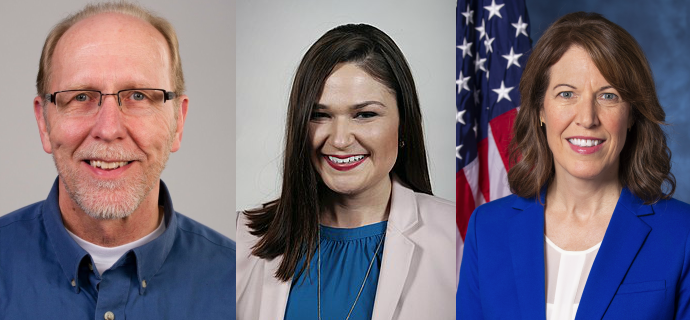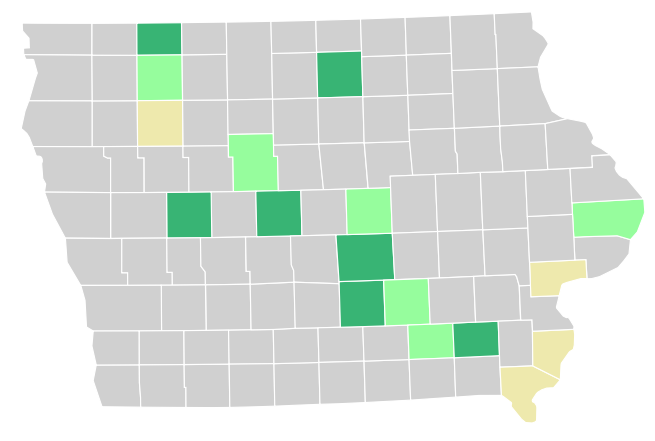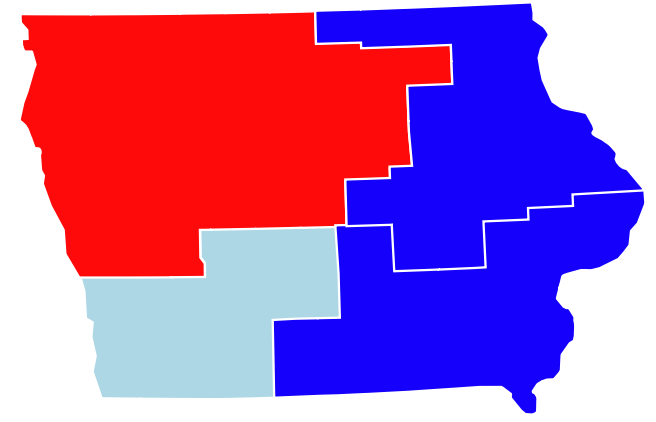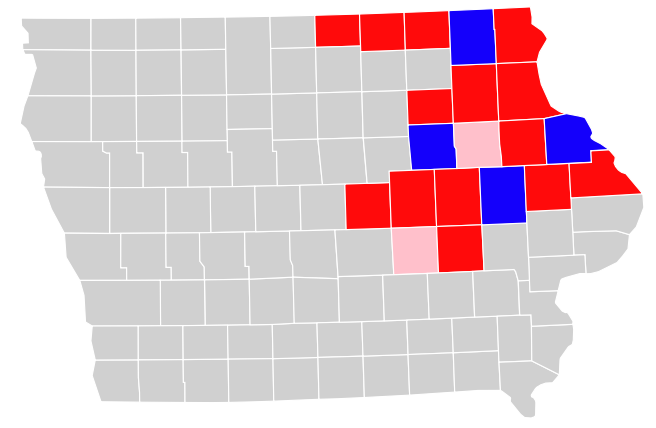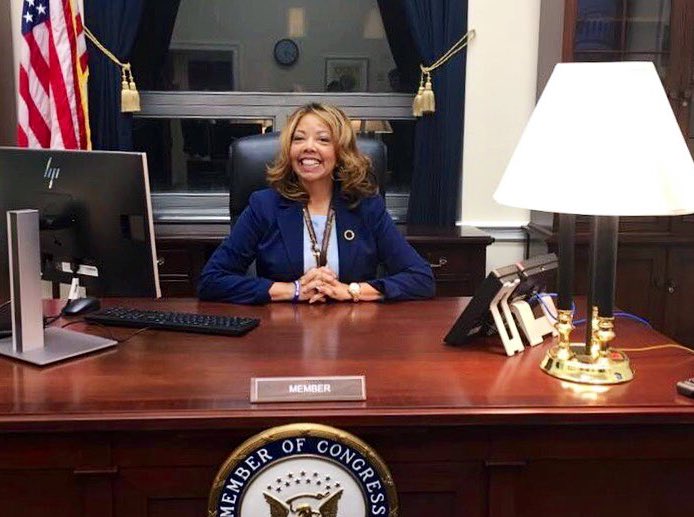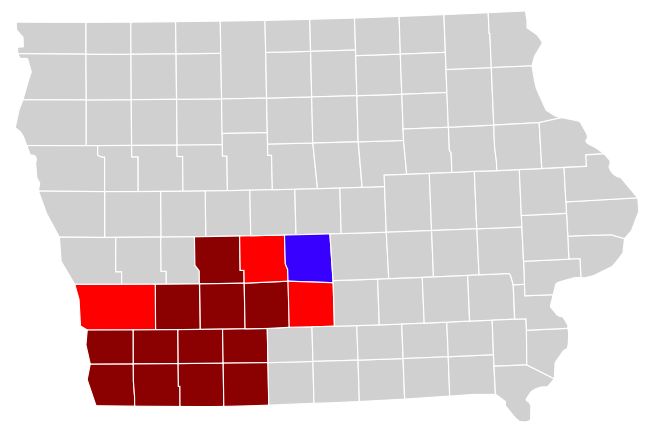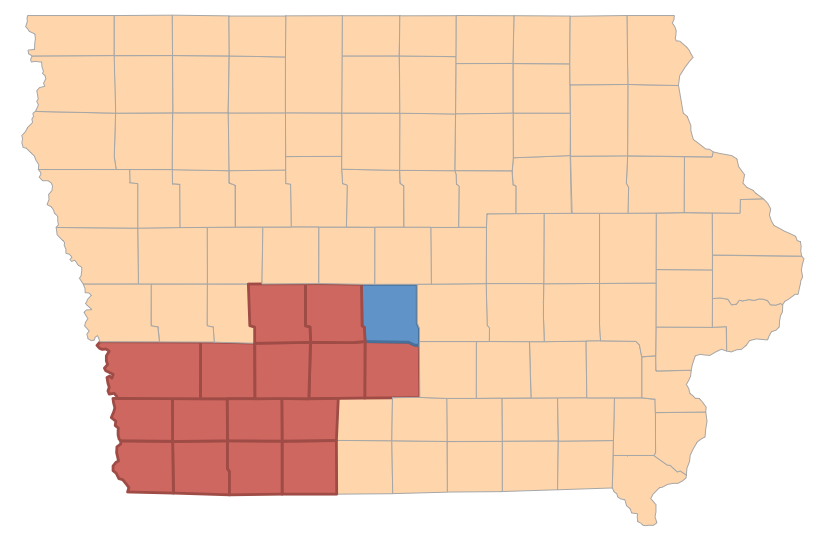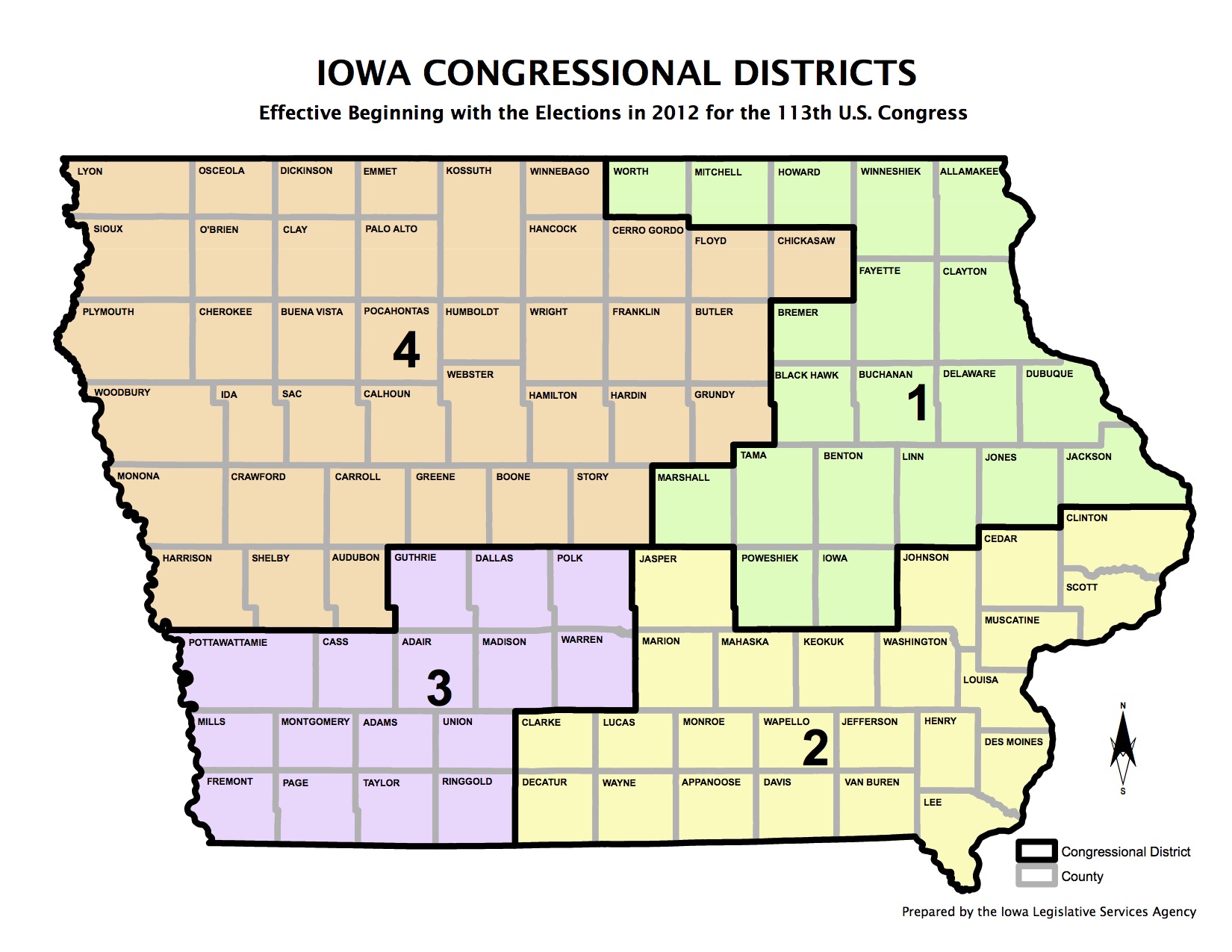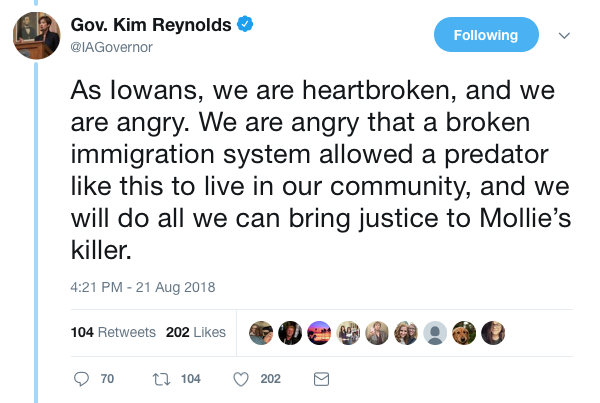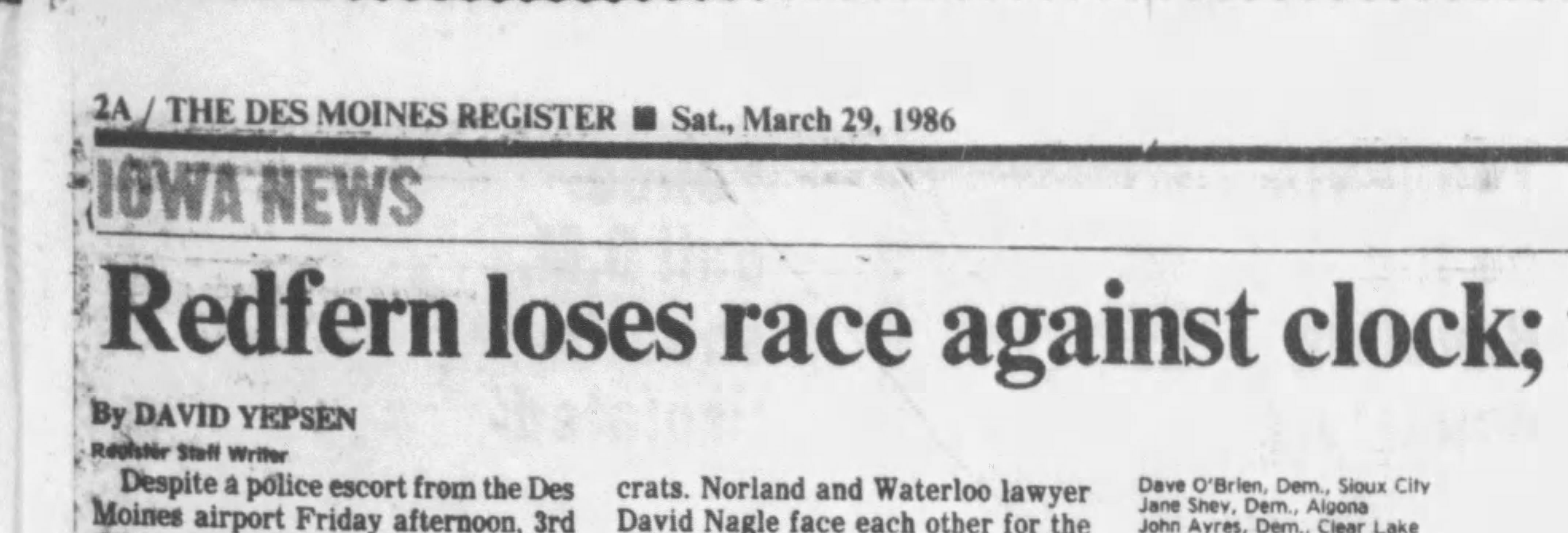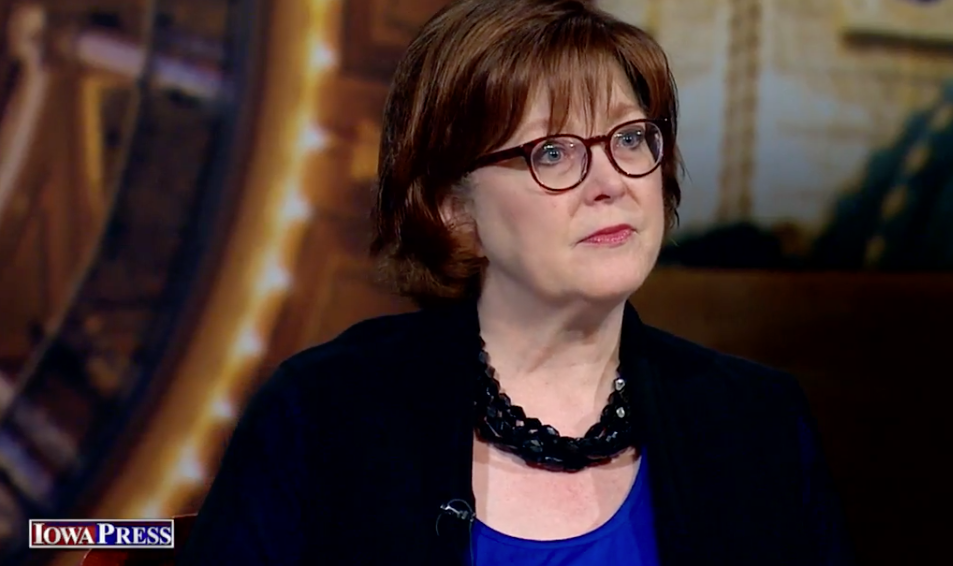First-term U.S. Representative Cindy Axne will run for re-election in Iowa’s third Congressional district and won’t challenge U.S. Senator Joni Ernst, WHO-TV’s Dave Price was first to report on April 30.
Axne had been recruited for the Senate race, where Democrats have no declared candidates. Eddie Mauro is almost certain to run and has been discussing his plans with activists in numerous counties. Theresa Greenfield is often mentioned as a possible challenger to Ernst. Des Moines attorney Kimberly Graham is exploring a Senate campaign as well.
Earlier this year, many Democrats hoped former state senator and 2018 lieutenant governor candidate Rita Hart might run for Senate, but she is far more likely to compete for the open U.S. House seat in Iowa’s second district.
A competitive GOP primary is likely in IA-03. Former two-term U.S. Representative David Young, whom Axne defeated last year, has been sounding out local Republicans about another campaign. After the jump I’ve posted an interactive map and table showing county-level results for Axne and Young.
State Senator Zach Nunn appears to be the top GOP recruit for IA-03. Bleeding Heartland speculated here on how he might match up against Axne. UPDATE: Nunn announced on May 6 a “listening tour” across the sixteen counties as he considers a Congressional campaign. He looks committed to me.
Conservative blogger Shane Vander Hart identified six other Republicans who are seriously considering this race. Three are from Council Bluffs, but a candidate from the Des Moines metro area would likely be better-positioned for the primary and general elections.
The third district is the most politically balanced of Iowa’s four Congressional districts. As of April 1, its sixteen counties contained 171,434 active registered Democrats, 170,607 Republicans, and 173,103 no-party voters. The Cook Political Report rates this district as a toss-up for 2020, while Sabato’s Crystal Ball puts it in the “lean Democratic” column, due to a higher share of college-educated voters and better performance for Fred Hubbell in the governor’s race, compared to the first Congressional district.
Bleeding Heartland has published county-level 2018 voting numbers for Congress and governor in each district; click through to see maps and tables for IA-01, IA-02, IA-03, and IA-04.
Continue Reading...


